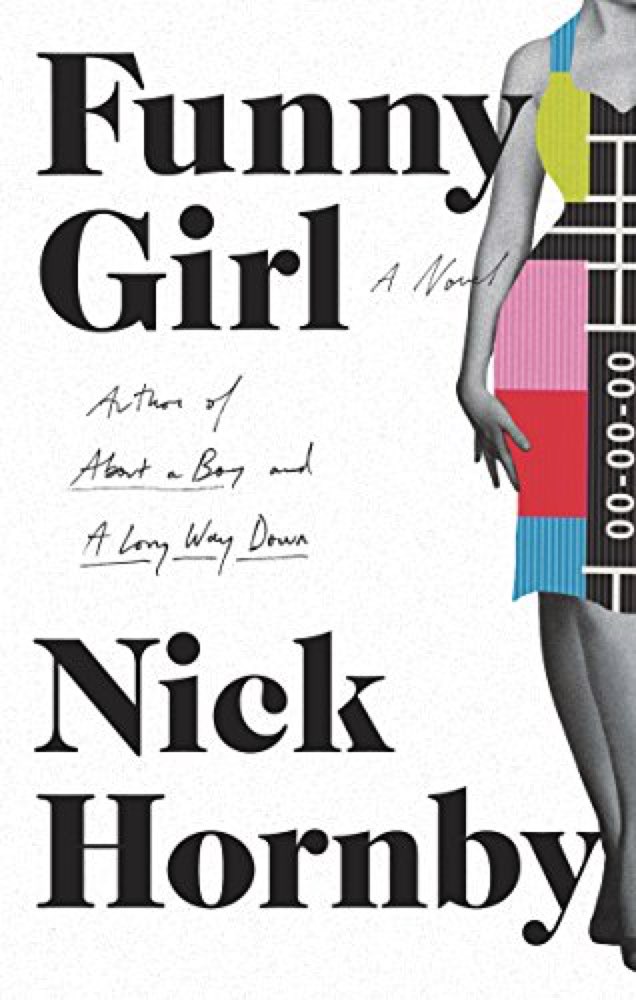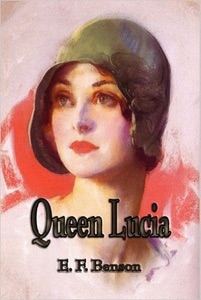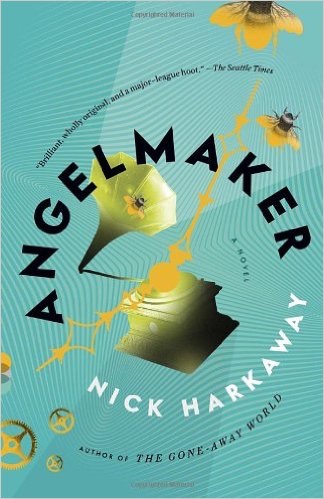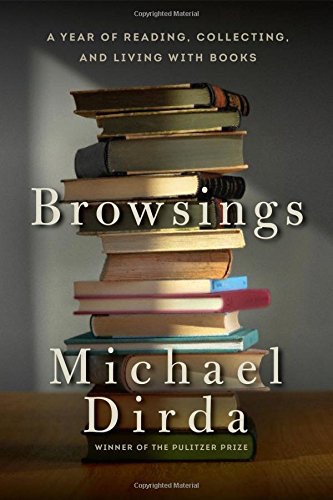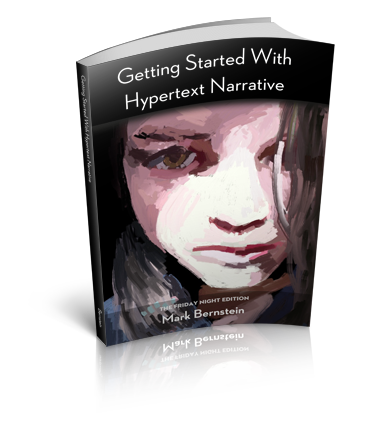Eric Raymond is worried about cold-war “honey trap” attacks run by feminists to discredit him.
If you are any kind of open-source leader or senior figure who is male, do not be alone with any female, ever, at a technical conference. Try to avoid even being alone, ever, because there is a chance that a “women in tech” advocacy group is going to try to collect your scalp.
This is wrong-headed, but not just for the reasons you think. You should not be alone with anyone at a technical conference – especially not if you’re incredibly famous and important. If you’re alone, you’re doing it wrong. You are at the conference to meet people and to spend time with them, and if you’re really prominent, you don’t have enough time to spend much of it alone with anyone.
Yes, you can be alone when you’re sleeping, and you can canoodle all you want with your partner. Conferences are not good places for canoodling with people you don’t already know really well – especially not if you’re famous and important – because everyone will be watching you. Romance is tricky; romance in front of an audience – an audience that’s going to remember anything that goes wrong, and we all know that something usually does – is an invitation to the clown caboose.
You can be alone for a time if you must. For example, you might need to close a deal – sell a company, set the terms for a speaking gig, negotiate the conditions for a job. A conference isn’t ideal for this, but conferences bring parties together and sometimes things can’t wait. Here are the rules.
- Always wear your name badge. Yes, even if you’re a rock star, wear your name badge. When Neil Gaiman and Amanda Palmer came to Readercon, they wore their name badges; you can wear them too.
- Don’t want to stick pins in your nice clothes? Bring a lanyard. It’s classy to have a lanyard that advertises your stuff. It’s very classy to have a lanyard that advertises your friends’ stuff. It’s really classy to have a lanyard from the same conference, ten or twenty years back.
- Wear your badge where it’s comfortable and where people can see it. It’s fine to wear it on your hip, or on the strap of your purse or laptop bag.
- If you need to talk to someone privately, find a semi-private space – a two-top in the bar, a pair of armchairs in the lobby. Take off your badges and put them on the table, or tuck them visibly in your shirt pocket.
- Even then, be prepared for, and respond well to, casual greetings, quick questions, and similar conference-style interruptions. If someone asks a question you can’t answer quickly, arrange to meet them (specifically) at a specific place and time, or give them an effective way to contact you later.
- If you need more privacy than this, you should leave the conference venue entirely. At minimum, you need to cross a street -- several streets for a big event. If you’re at Moscone, for example, crossing Third Street is not enough, but Sausalito is.
- You go to conferences to meet people and exchange ideas. While you're there, you owe a reasonable amount of time and attention to everyone who wants it. If someone wants an unreasonable share, explain. If someone is being a jerk, you can ask them to stop. Ask the conference for help if you need it.
- Feed the students, metaphorically and literally. Don’t limit this to students you are planning to employ.
One of my first great conference experiences was AAAS 1971 in Philadelphia. I needed to buy something – a bic pen? chapstick? – at the hotel pharmacy. There was a line at the cash register. The fellow in front of my had a time-consuming request. His name was Dr. Louis Leakey, he wanted to write a prescription, and it was complicated.
I was standing in line with Dr. Leakey of Olduvai!
Sure, I’d seen lectures by Carl Sagan and a memorable debate between Margaret Mead and Edward Teller, but I hadn’t been standing in line with Margaret Mead.
Dr. Leakey wasn’t there to offer a lesson in what greatness can and cannot accomplish, or in accepting bureaucratic impediments with grace and wit; he was there to get some medicine. I couldn't be of any possible use to him, but that wasn’t and isn’t the point. He did his errand and he did the other stuff, too; that’s also what conferences are for.

